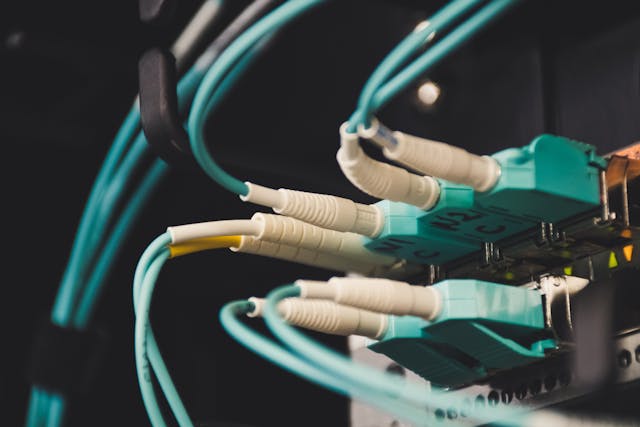Data Privacy in 2025: What Digital Users Can Expect
As technology advances, concerns about data privacy are becoming more pressing than ever. In 2025, users will face a digital landscape that is both more connected and more complex. From AI-driven personalization to the Internet of Things (IoT), how companies collect, store, and use personal data will shape user experiences — and expectations.

Stricter Privacy Regulations
Governments worldwide are responding to privacy concerns with stricter regulations. Users can expect:
- Enhanced data protection laws similar to the EU’s GDPR and California’s CCPA, but applied globally.
- Greater transparency requirements for companies on how data is collected, processed, and shared.
- Stronger penalties for breaches and misuse of personal data, incentivizing companies to prioritize privacy.
These regulations aim to give users more control over their personal information and reduce the risk of exploitation.
More Control for Users
By 2025, digital users will likely enjoy greater control over their data:
- Consent management tools will allow users to easily opt in or out of data collection.
- Personal data dashboards may provide real-time insights into what companies know about you.
- Right to portability will let users move their data seamlessly between services.
These tools empower users to make informed decisions and protect their privacy proactively.
Privacy-Enhancing Technologies
Technology itself is becoming part of the solution:
- AI-driven anonymization can protect personal information while still allowing companies to analyze trends.
- Decentralized storage and blockchain can reduce single points of failure and enhance security.
- End-to-end encryption will become standard across messaging, video calls, and cloud storage.
Such innovations make it harder for unauthorized parties to access sensitive information.
Challenges Ahead
Despite progress, several challenges remain:
- Data collection everywhere: IoT devices, smart homes, and wearables constantly gather data, creating new privacy risks.
- Complex consent fatigue: Users may struggle to manage multiple permissions and privacy settings.
- Global inconsistencies: Different countries’ laws may create confusion and compliance challenges for international services.
Addressing these issues will require both technological solutions and clear regulatory frameworks.

Looking Forward
By 2025, privacy will no longer be optional — it will be an expectation. Companies that fail to respect user data may face reputational damage, legal consequences, and loss of trust. Meanwhile, users will benefit from tools and regulations that make managing personal information easier than ever.
Digital privacy in 2025 will be a balance between connectivity, convenience, and control. The future belongs to those who understand their rights and take advantage of the tools available to protect them.
In short, staying informed and proactive about data privacy will be just as important as the technology we use every day.












